Are You Deficient In This Vital Nutrient?
Why is magnesium so important?
Often referred to as the ‘miracle mineral’, magnesium is responsible for over 300 different chemical reactions in the body, making it one of the most essential nutrients for human health. Like vitamin D, it helps regulate calcium levels and plays an equally important role in bone health. It’s also vital for maintaining normal muscle and nerve function, as well as a healthy immune system.
Other benefits include a healthy cardiovascular system and lower blood pressure. Yet despite being lauded as such as vital nutrient, it’s estimated that only around 25% of British adults get their recommended daily amount (RDA).
What’s the reason for such a high percentage of deficiency?
Levels of magnesium – a mineral naturally found in soil and water – in British meat, vegetables and fruit have plummeted in recent years due to intensive farming methods, as well as the use of artificial fertilisers and pesticides.
Moreover, as nutritionist and Co-Founder of Wild Nutrition, Henrietta Norton, explains, excessive levels of stress, caffeine, sugar and alcohol can lead to magnesium depletion. Norton also believes the modern convenience diet of shop-bought lunches and highly processed white grains, meat and dairy provide us with a “pitiful” amount of magnesium. The contraceptive pill and other antibiotics can also take their toll.
What are the key signs of a deficiency?
You can’t sleep: Magnesium is crucial for sleep as it helps produce melatonin – the ‘sleep’ hormone which regulates our circadian rhythm. Often referred to as the ‘anti-stress’ mineral, magnesium also works to calm the nerves and relax the muscles, which in turn makes you fall asleep quicker. Taking between 250-500mg before bed has been shown to boost both sleep quality and duration.
You’re lacking energy: A recent study found women with magnesium deficiencies had higher resting heart rates and required more oxygen to do physical tasks than they did after magnesium levels were restored. The conclusion? A lack of magnesium can make your body work harder, which over time, can leave you feeling tired.
You’re constipated: Admittedly not so glamorous, but magnesium has a natural laxative effect when taken in slightly increased doses. Nutritionist and Founder of JSHealth, Jessica Sepel, swears by 500-800mg of magnesium citrate to keep her system moving.
You’re stressed: As Sepel explains, when you’re magnesium deficient, your body goes into fight-or-flight mode much more quickly, meaning cortisol levels soar. This, in turn, can lead to adrenal fatigue, symptoms of which include unexplained weight gain around the tummy, blood sugar imbalances and irritability. Just like you’d consider boosting your protein intake when upping your fitness game, consider putting magnesium back into your body when your brain is working overtime. Boosting your magnesium intake reduces your cortisol, helping you go from frazzled to calm.
You recover slowly from workouts: Magnesium – along with zinc – plays a central role in rebuilding muscle tissue after exercise. Fitness enthusiasts swear by magnesium supplements and magnesium-rich Epsom bath salts, which work wonders to relax the muscles and aid recovery. It also increases flexibility and helps to loosen tight muscles and balance lactic acid levels.
What’s the best way to boost your magnesium intake?
Stock up on dark green leafy vegetables (think spinach and kale), brazil nuts, almonds and brown rice, which are jam-packed with magnesium, as well as pumpkin seeds, oats, millet, avocados, figs and dates. Plus, just one square of 80% dark chocolate contains nearly a quarter of your recommended daily intake (chocolate cravings are often a sign of magnesium deficiency, we’ll have you know).
For an extra boost, or if you feel your diet is lacking, Norton recommends taking two tablets (equivalent to 80mg) of Wild Nutrition’s Food Grown Magnesium, £16.50, per day. Fitness enthusiasts also swear by topical products, such as oils, sprays and shower gels, which enable the body to absorb magnesium up to five times faster than in tablet form.
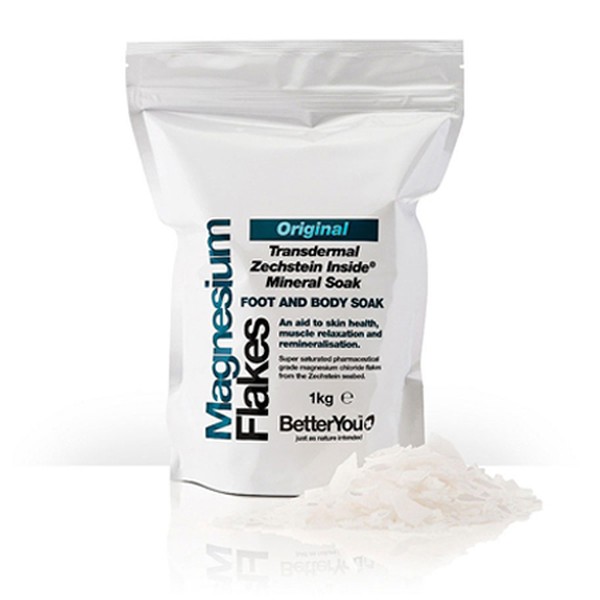
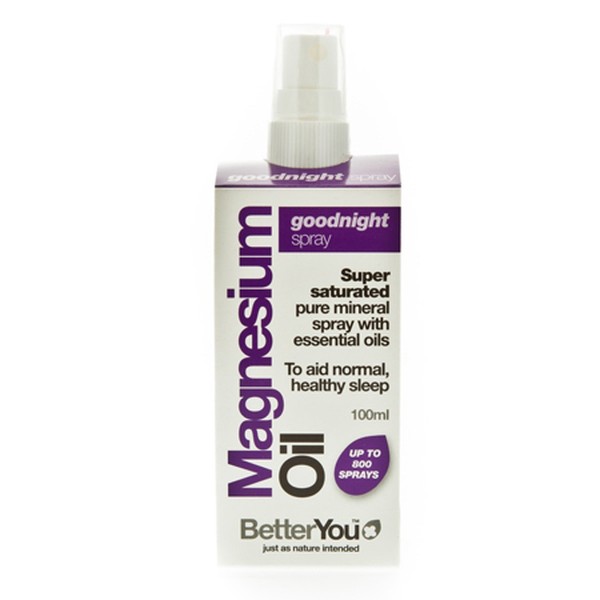

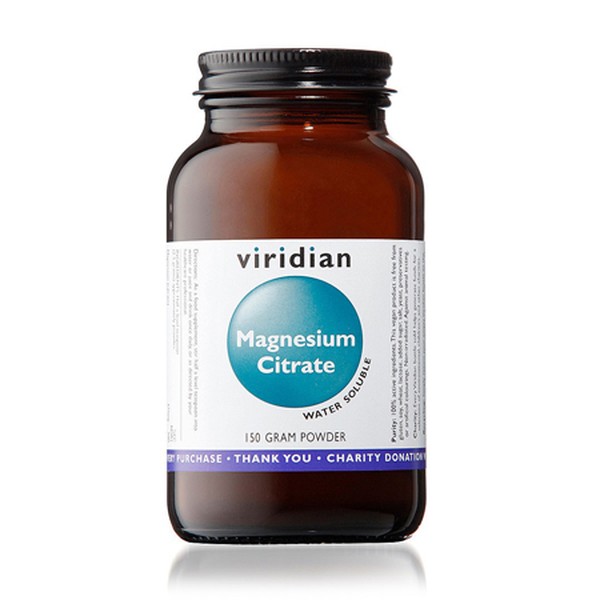
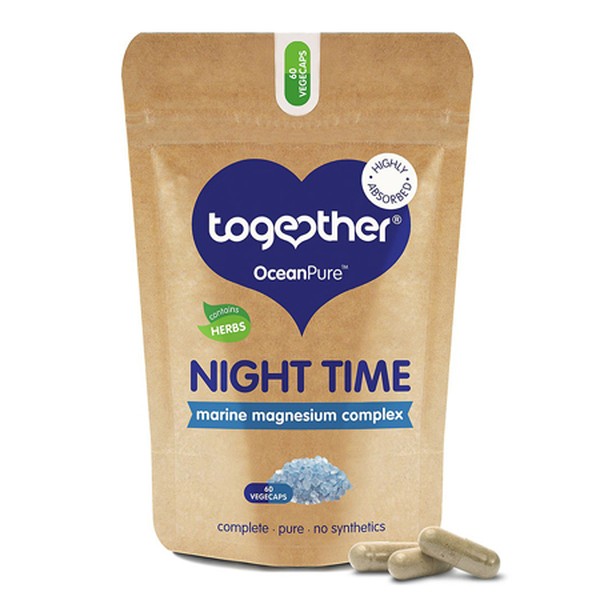
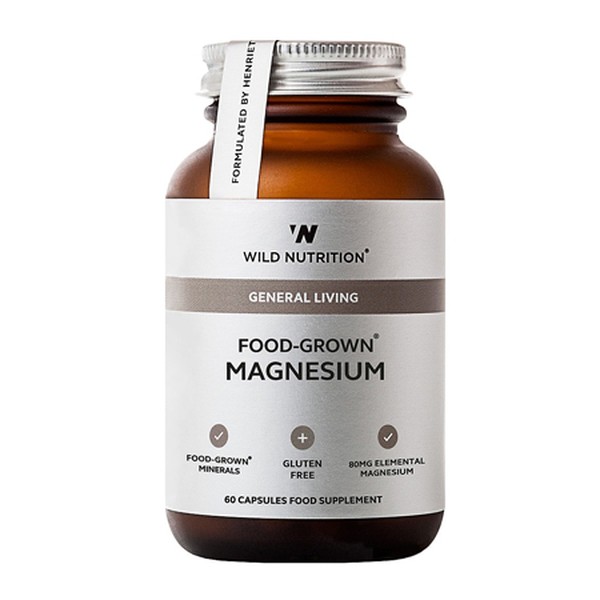
DISCLAIMER: We endeavour to always credit the correct original source of every image we use. If you think a credit may be incorrect, please contact us at info@sheerluxe.com.


